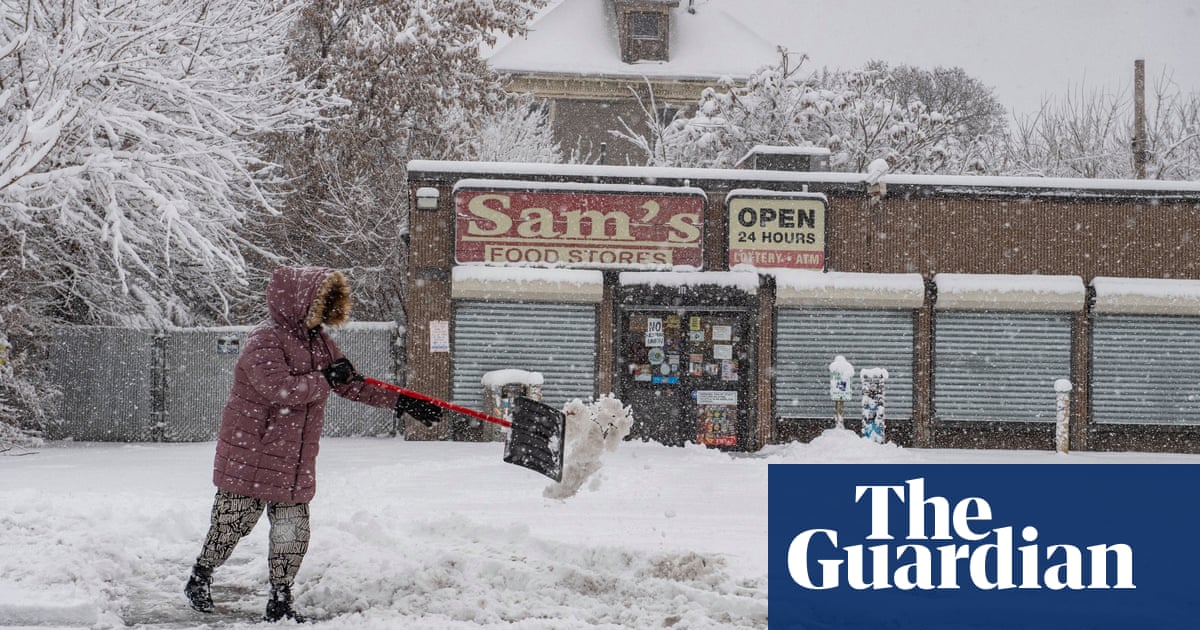
A vicious storm triggered historic coastal flooding in the US as Arctic chill tees up the South's first snow. The temperature in parts of Iowa could dip as low as minus 14 F on Monday, and travel limited for many Republican contenders Ron DeSantis, Nikki Haley and former President Donald Trump due to winter storm.

